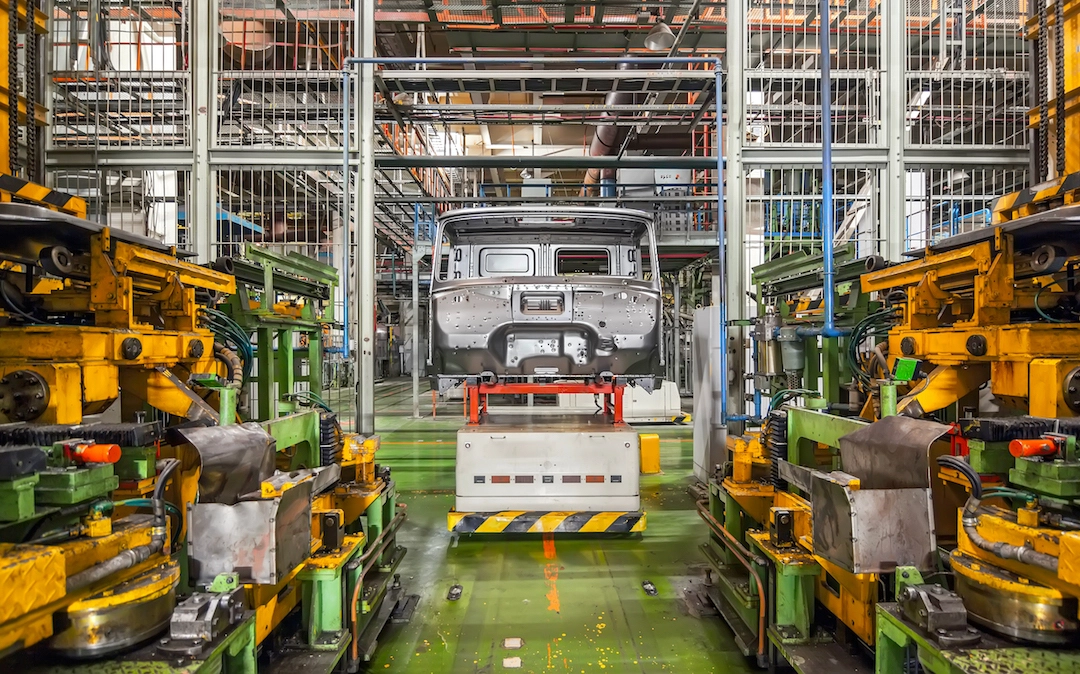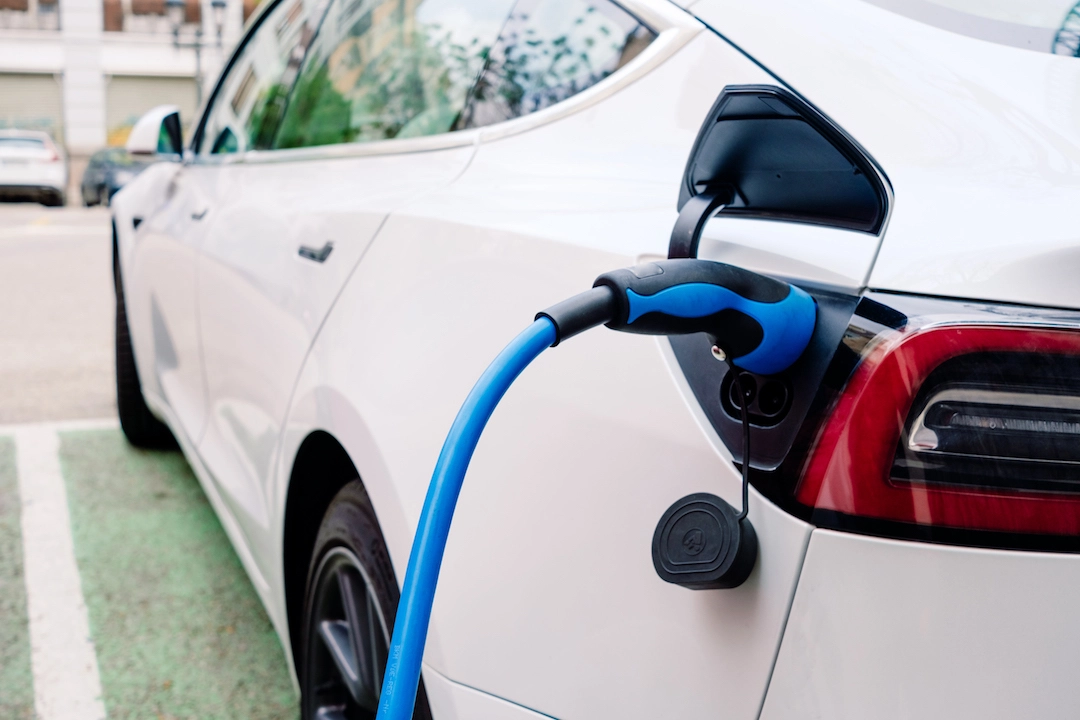Ford to Proceed with $3.5 Billion EV Battery Plant with Chinese Company
- Anirban Bhowmick
- February 14, 2023
- Ev Cars News
Ford Motor Company is partnering with Contemporary Amperex Technology Co. (CATL) to open a new battery electric vehicle (BEV) manufacturing facility in China. The move comes as part of the automaker’s broader plan to develop eight advanced regional battery centers across the globe by 2026.
The CATL plant, located in Nanjing, is the fourth such center for Ford, following manufacturing centers in Germany, the U.S., and Mexico that are currently in operation or under construction. The Chinese plant will produce BEV batteries developed by CATL and increase Ford’s annual production capacity of BEVs to 1 million vehicles worldwide.
Ford Motor Company has announced plans to build a new electric vehicle battery plant in China in partnership with global batteries supplier CATL. The 6.3 billion RMB (nearly $950 million) plant is part of the automaker’s efforts to increase production capacity for electric vehicles and support the environmental transition towards green mobility. Construction of the plant is expected to begin this year and be completed within two years, creating thousands of new jobs in Zhangjiagang, China. The facility will produce both Ford and CATL batteries for Ford’s EV models manufactured in China.
On Monday, in an event attended by Michigan Gov. Gretchen Whitmer, Ford Motor Company CEO Jim Farley announced a $3.5 billion investment for the production of lithium-iron-phosphate (LFP) batteries. He said these will be among the most cost-efficient batteries to produce and therefore better pricing for customers as well as wider profits for the automaker.
To avoid any political criticism and potential issues with Chinese government interference, Ford owns the battery plant instead of having a joint venture. The company’s Chief Customer Officer of its EV unit, Marin Gjaja said that once production of LFP batteries at the Michigan plant begins, they are estimated to be eligible to qualify for half of up to $7,500 federal tax incentives granted to consumers purchasing an EV. However, they may not meet material sourcing rules laid down by the EU and US governments concerning-battery manufacture.
In August 2020, President Joe Biden signed into law ‘The Inflation Reduction Act’ (the IRA), which included tighter consumer tax credits of up to $7,500 for buying an electric vehicle as well as considerable incentives for companies manufacturing batteries in America to reduce their reliance on China for batteries. Farley said that Ford has been conversing with the Biden administration about their plant too due to the economic benefits promised under the IRA provisions. This is expected to generate 18000+ direct jobs in Kentucky, Tennessee, Ohio, and Missouri and over 100000 indirect jobs through 2023!
- February 02, 2023
- Anirban Bhowmick



